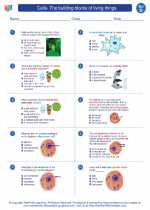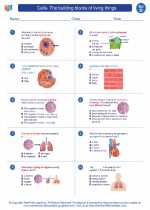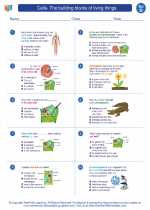What is Pediatrics?
Pediatrics is the branch of medicine that focuses on the health and medical care of infants, children, and adolescents. It involves the medical care of newborns, toddlers, and teenagers, and includes the diagnosis, treatment, and prevention of various illnesses and diseases that affect this age group.
Role of a Pediatrician
A pediatrician is a medical doctor who specializes in providing healthcare for children. They are trained to diagnose and treat a wide range of childhood illnesses, from minor health problems to serious diseases. Pediatricians also play a crucial role in monitoring the growth and development of children, providing immunizations, and offering guidance to parents on nutrition, safety, and overall well-being.
Key Areas of Focus in Pediatrics
1. Developmental Milestones: Understanding the typical physical, mental, and emotional development stages of children.
2. Common Childhood Illnesses: Recognizing and treating conditions such as ear infections, asthma, allergies, and childhood infections.
3. Vaccinations: Administering and advising on immunizations to protect against various diseases.
4. Child Nutrition: Providing guidance on healthy eating habits and addressing nutritional concerns.
5. Behavioral and Mental Health: Evaluating and addressing behavioral issues, learning disorders, and mental health concerns in children.
6. Preventive Care: Promoting wellness and preventing injuries and illnesses through regular check-ups and screenings.
Study Guide for Pediatrics
- Understand the stages of child development, including physical, cognitive, and emotional milestones.
- Learn about common childhood illnesses, their symptoms, and appropriate treatment options.
- Study the recommended vaccination schedule for children and understand the importance of immunization.
- Explore the nutritional needs of children at different ages and stages of development.
- Gain knowledge of behavioral and mental health issues that can affect children, and how they are diagnosed and managed.
- Review the guidelines for preventive care and the importance of regular pediatric check-ups.
By familiarizing yourself with these key areas of focus and studying the role of pediatricians in depth, you can gain a comprehensive understanding of the field of pediatrics and its significance in promoting the health and well-being of children.
[Pediatrics] Related Worksheets and Study Guides:
.◂Science Worksheets and Study Guides Fourth Grade. Cells- The building blocks of living things

 Activity Lesson
Activity Lesson
 Worksheet/Answer key
Worksheet/Answer key
 Worksheet/Answer key
Worksheet/Answer key
 Worksheet/Answer key
Worksheet/Answer key
 Worksheet/Answer key
Worksheet/Answer key
 Worksheet/Answer key
Worksheet/Answer key
 Vocabulary/Answer key
Vocabulary/Answer key
 Vocabulary/Answer key
Vocabulary/Answer key
 Vocabulary/Answer key
Vocabulary/Answer key
